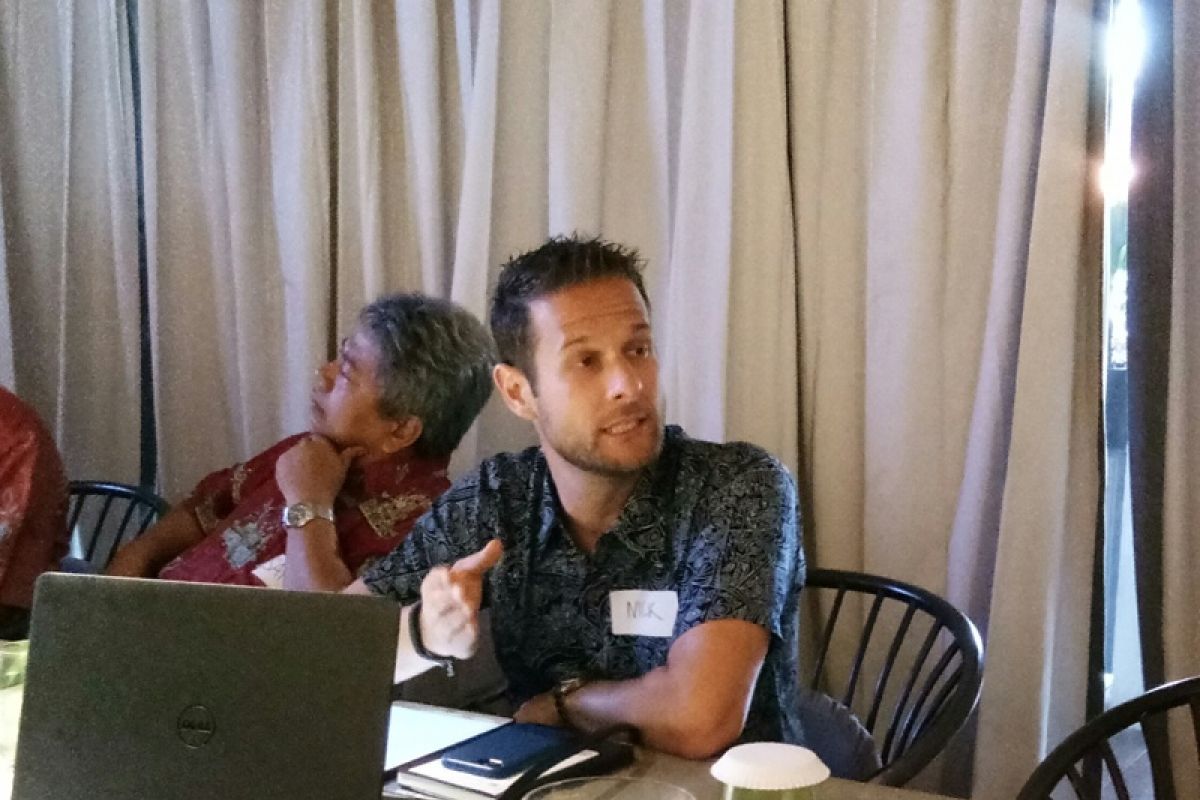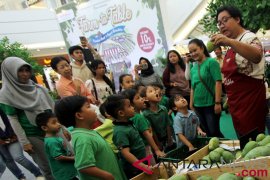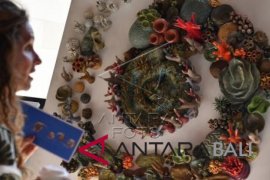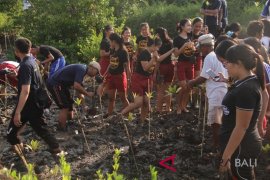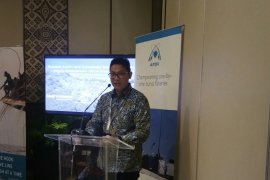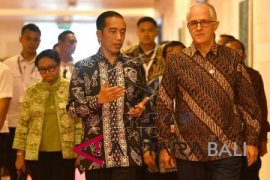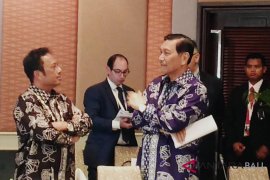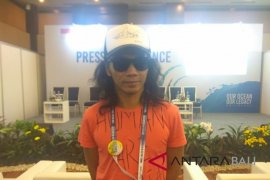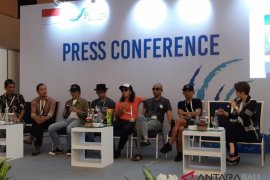Denpasar (Antaranews Bali) - Five heads of state will attend the world maritime forum of Our Ocean Conference (OOC) to be held in Nusa Dua, Bali, on October 29-30, 2018, the Ministry of Maritime Affairs and Fisheries stated.
"This conference brings together heads of state, national and multinational companies, non-governmental organizations, and international bodies," Head of the Restoration Sub-Directorate, the Directorate of Coastal and Small Islands Utilization at the Ministry of Maritime Affairs and Fisheries, Sapta Ginting noted here on Friday.
Ginting revealed that those heads of state including presidents, vice presidents, and princes from Monaco, Panama, Palau, East Timor, and Seychelles will be present at the OOC.
Ginting added that the forum will also be attended by some 13 maritime ministers, with the total delegation members estimated to reach 1,500.
Not only government and business circles, some Hollywood celebrities are also scheduled to participate in the conference, especially those who have been actively involved in marine and environmental conservation programs.
Last year, the meeting was held in Malta, while in 2019, the Ocean Conference will be organized in Norway.
Ginting explained that the conference will discuss several issues, including the world waters and how to deal with various problems at sea, especially plastic waste.
The plastic waste at sea has been a real threat and an interstate problem, so it requires comprehensive cooperation to overcome it.
In addition to plastic waste, the conference will discuss climate change and blue economy.
Director of the Free Seas Trash Program from non-governmental organization the Ocean Conservancy Nicholas Mallos remarked that the amount of plastic waste from land entering the sea is estimated to reach some eight million metric tons per year.
In recent years, he remarked that researchers had discovered several new aspects about marine waste, including plastic waste, which is not only a sea issue but also a global problem, as it affects clean water and terrestrial ecosystems.
Mallos said scientists have discovered large amounts of microplastic in rivers and soil. The wastes, derived from compost, were used both by households and industries.
Not only does the plastic waste choke and entangle marine animals, it is also associated with coral diseases.
Exposure to microplastic waste results in decreasing reproductive growth of the zooplankton population, that is, organisms that form the foundation of the food chain in sea, Mallos explained.
"We do not know whether microplastic waste also affects humans when they eat seafood. This is still a question and a concern for all parties, including scientists. All sides comprising the government, private sectors, and community should move," he added. (*)


